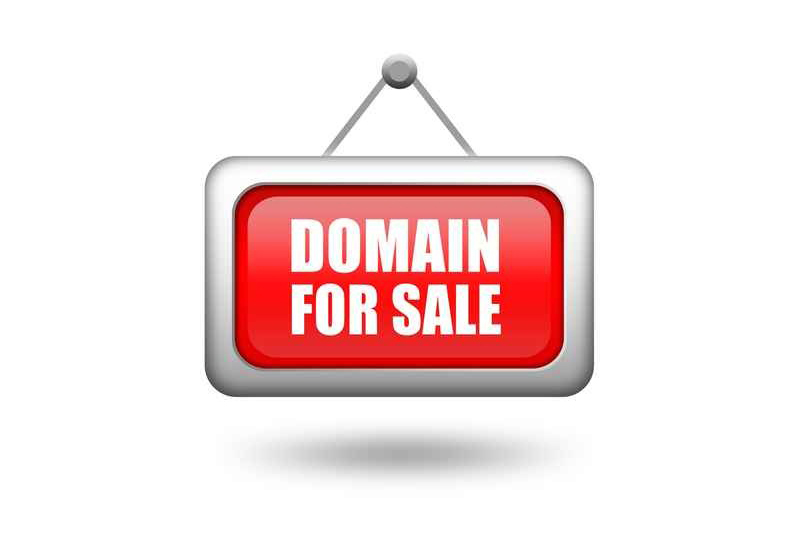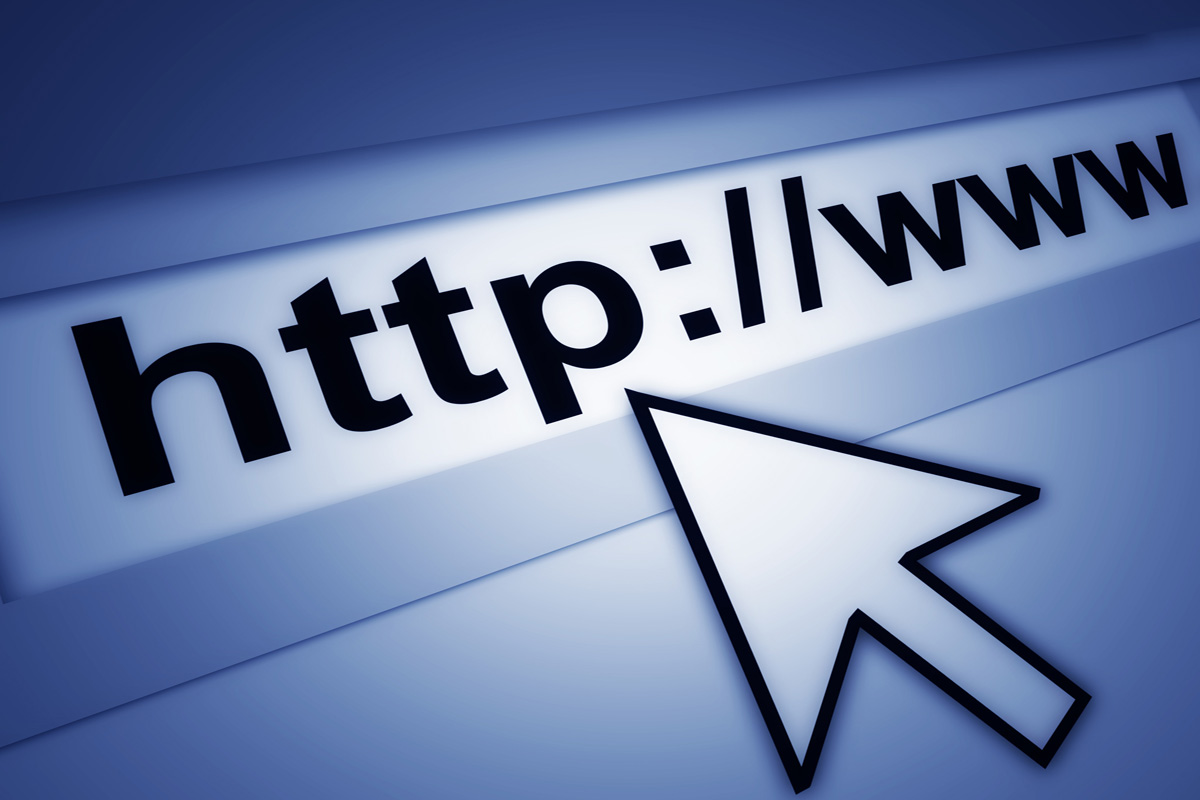US fails to win early limit on net regulation at global summit
Efforts to impose tighter controls over internet users fail to win overseas backing.


A US and Canadian proposal to protect the internet from new international regulation has failed to win prompt backing from other countries.
The idea, also supported by Europe, would limit the International Telecommunication Union's rules to telecom operators and not internet-based companies such as Google and Facebook.
That could reduce the prospective impact of efforts by other countries including Russia and some in the Middle East and Africa to obtain more powers to govern the internet through the ITU, an arm of the United Nations.
Those efforts, slated for discussion next week, could make net anonymity - or the ability to remain anonymous online - more difficult to maintain and could bolster censorship, critics say.
The internet has no central regulatory body, but various groups provide some oversight.
"We want to make sure (the rewritten ITU treaty) stays focused squarely on the telecom sector," said US Ambassador Terry Kramer. "We thought we should deal with that up-front."
Kramer had been hoping that a committee comprising representatives from six regional bodies would give quick approval to the American request on Tuesday. But that failed to happen.
Get the ITPro daily newsletter
Sign up today and you will receive a free copy of our Future Focus 2025 report - the leading guidance on AI, cybersecurity and other IT challenges as per 700+ senior executives
An ITU spokesman said late yesterday that talks were continuing and the issue would only return to the main policy-making body on Friday.
About 150 nations are gathered in Dubai to renegotiate the ITU rules, which were last updated in 1988, before the internet and mobile phones transformed communications.
The 12-day ITU conference, which began on Monday, largely pits revenue-seeking developing countries and authoritarian regimes that want more control over internet content against US policymakers and private net companies that prefer the status quo.
The internet has no central regulatory body, but various groups provide some oversight, such as ICANN, a US-based nonprofit organization that coordinates domain names and numeric Internet protocol addresses.
US companies have led innovation on the internet, and this stateside dominance is a worry for countries unaligned with the world's most powerful country.
The United States has also led in the development and use of destructive software in military operations that take advantage of anonymous internet routing and security flaws.
Some of the proposals now being contested by the American and Canadian delegations are aimed at increasing security and reducing the effectiveness of such attacks, though the West and several rights groups argue that is a pretext for greater repression.
ITU Secretary-General Hamadoun Tour told Reuters last week that any major changes to the 1988 treaty would be adopted only with "consensus" approaching unanimity, but leaked documents show that managers at the 147-year-old body view a bad split as a strong possibility.
If that happens, debates over ratification could erupt in the United States, Europe and elsewhere.
-
 Cleo attack victim list grows as Hertz confirms customer data stolen
Cleo attack victim list grows as Hertz confirms customer data stolenNews Hertz has confirmed it suffered a data breach as a result of the Cleo zero-day vulnerability in late 2024, with the car rental giant warning that customer data was stolen.
By Ross Kelly
-
 Lateral moves in tech: Why leaders should support employee mobility
Lateral moves in tech: Why leaders should support employee mobilityIn-depth Encouraging staff to switch roles can have long-term benefits for skills in the tech sector
By Keri Allan
-
 ICANN reveals .app is the most applied for top level domain name
ICANN reveals .app is the most applied for top level domain nameNews Amazon and Google set to battle it out for 20 domain names including .app, .search, .store and .talk.
By Khidr Suleman
-
 ICANN opens 'costly' gTLD sales
ICANN opens 'costly' gTLD salesNews Companies will have to pay $185,000 to get their hands on a personalised TLD.
By Tom Brewster